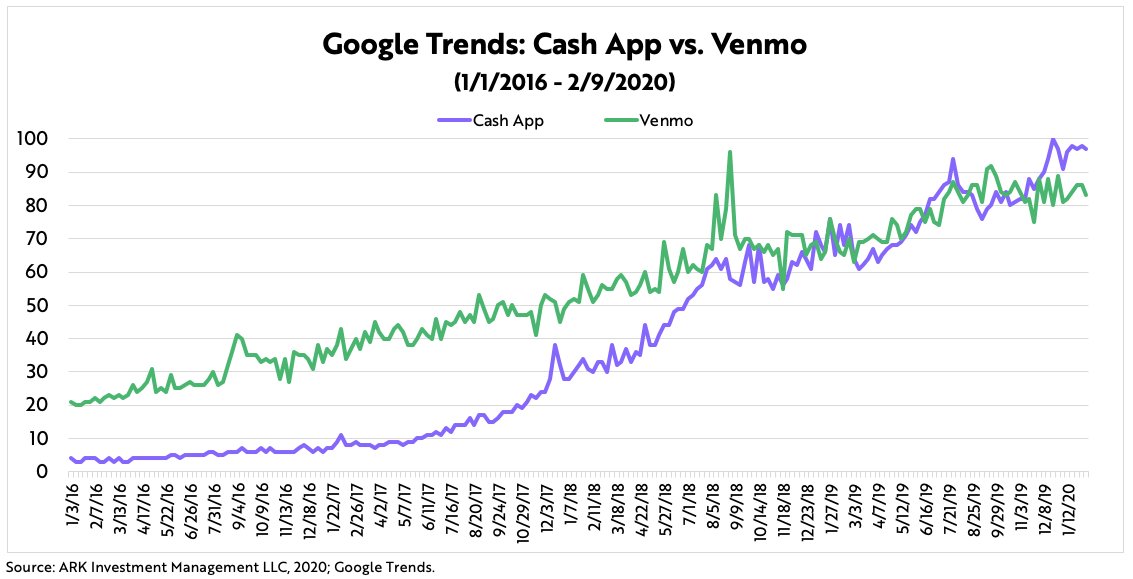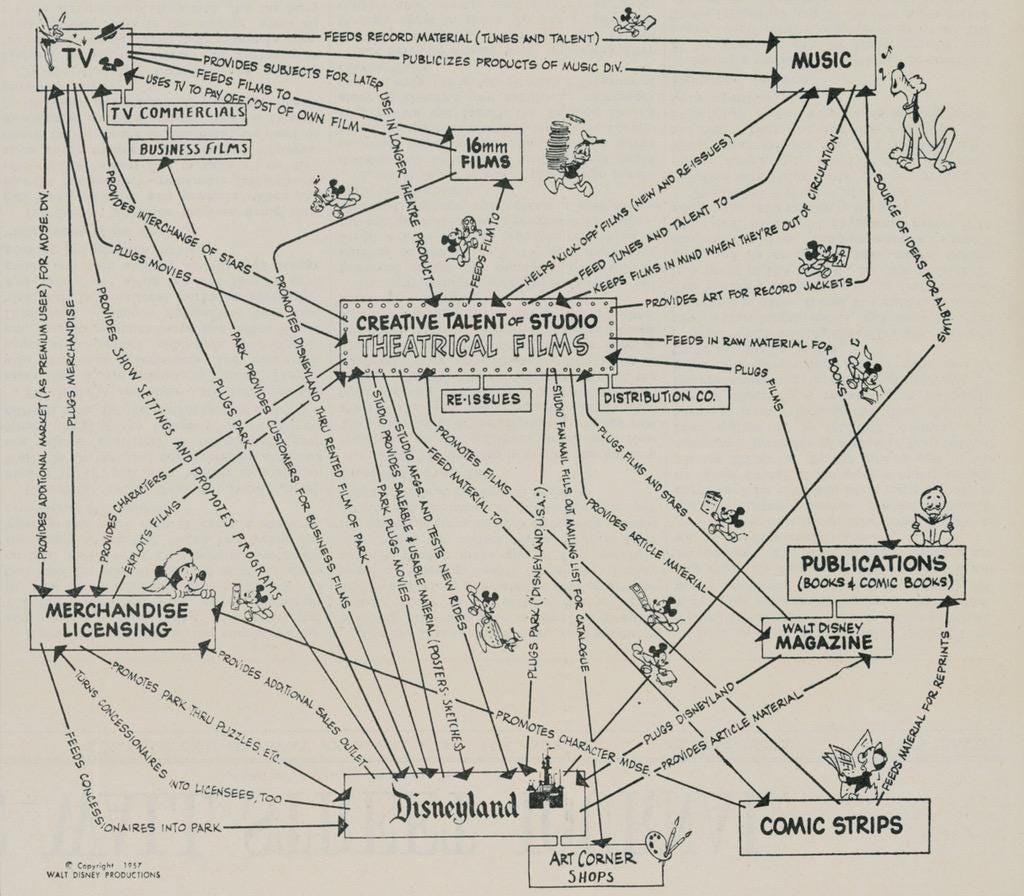
1/ Interesting exercise: ranking Disney's acquisitions of Pixar, Marvel, and Lucasfilm (Star Wars).
My highly-unscientific ranking:
1) Marvel
2) Pixar
3) Lucasfilm
Rationale 👇👇👇
My highly-unscientific ranking:
1) Marvel
2) Pixar
3) Lucasfilm
Rationale 👇👇👇
https://twitter.com/rex_woodbury/status/1382527103661330432
2/ Marvel, which Disney bought for $4B in 2009, wins for delivering $20B in box office grosses, 11 upcoming films, and 12 series for Disney+.
Credit goes to Kevin Feige for getting such high ROI out of this acquisition. 5,000+ characters (!) yet to tap into.
Credit goes to Kevin Feige for getting such high ROI out of this acquisition. 5,000+ characters (!) yet to tap into.

3/ Ranked second is Pixar, which Disney bought for $7.4B in 2006. It was Bob Iger's first acquisition as CEO.
$11B in box office grosses since, but my sense is Pixar's true value comes in merchandise and IP value to the parks.
$11B in box office grosses since, but my sense is Pixar's true value comes in merchandise and IP value to the parks.

4/ And third is Lucasfilm, bought for $4.05B in 2011 (the .05 is because George Lucas wanted a higher price than Marvel).
$4B in box office but gave Disney its anchor show for Disney+ in Mandalorian, plus a new Star Wars park at Disneyland. Was close with Pixar.
$4B in box office but gave Disney its anchor show for Disney+ in Mandalorian, plus a new Star Wars park at Disneyland. Was close with Pixar.

5/ My sense is that even though Fox cost 10x more at $71B, it may rank 4th. The Simpsons is probably the most valuable IP in there. Disney is about content & Marvel, Pixar, & Star Wars deliver generational IP.
Curious other takes on ranking these acquisitions / what I'm missing.
Curious other takes on ranking these acquisitions / what I'm missing.
@AcquiredFM someone mentioned you have episodes on these so curious your ranking!
• • •
Missing some Tweet in this thread? You can try to
force a refresh













